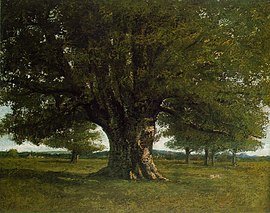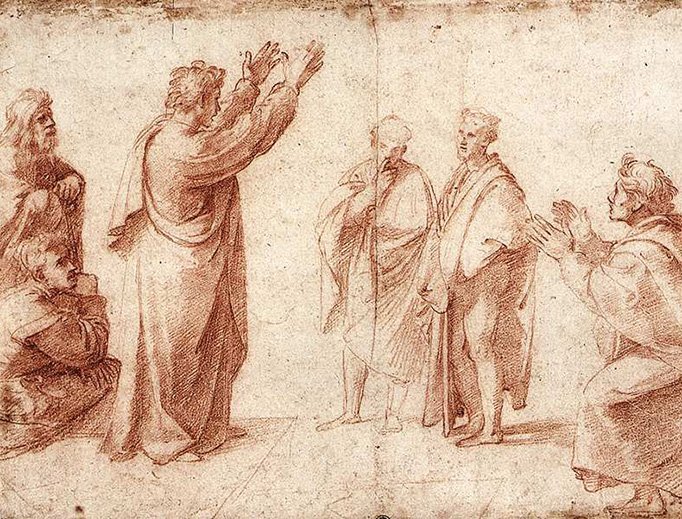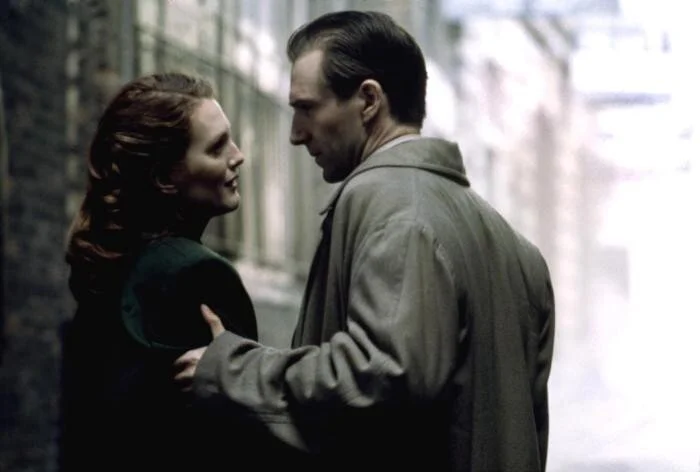The Genealogies of Modernity Journal
Augustine, Violence, and the Novelty of Machiavelli
Machiavelli follows Augustine by demythologizing violence, stripping it of the gloss of legend and heroism. He departs from him by adding that it is necessary, excusable, and worthy of imitation.
Brian Harding on violence and political reality
Art and the Work of Holding onto Hope
Every aspect of our existence is shot through with value, and it is inconceivable to think outside of this value-replete framework. So, how do we fit in an unmade world, in a world devoid of value?
Tom Break on art, value, and a meaningless world
Spiritual Abuse and Orthodox Disavowal
Perhaps the task of history, so like that of the Gospel, is to disquiet the living with a persistent presence that rises from the dead.
Richard Yoder reflects on Jansenism and the Refusal of Sacraments controversy
Three Lessons in Beauty
Anyone who has sought to make or comprehend art has probably come across at least a few lessons on beauty—insights that, it seems, can never be exhausted.
Trevor Merrill on lodestars of aesthetic judgement
Demystifying Soup Kitchen Relief during WWI
Her conviction to “give a helping hand” wherever it will be received was a moving incarnation of her ethical bent—one that remains as relevant today as it was in the wake of modernity’s worst set of horrors to date.
Casie Dodd on soup kitchens and the Great War
Popes, Unicorns, and Other Convenient Narratives
By demolishing the conflict thesis, the authors have reminded us that if we hope to make true progress, it will require disabusing ourselves of convenient narratives and embracing collaboration between faith and reason.
Zachary Stoltzfus reviews Of Popes and Unicorns
Deferring the End
Religion, and the apocalyptic motifs of the Christian Gospels, is that which alone can send us back into the world with a renewed strength for political engagement and activism.
Tim Howles on the eschatological roots of political renewal
Holding Open the Present
When the concept of the katechon is handled by contemporary theorists, it takes on a disappointingly conservative hue. . . . There seems to be little room for political activisms that might challenge the status quo.
Tim Howles on the eschaton and political theology
Art and the Restoration of the Value
If the loss of value is the affliction of our time, and if the recovery of value is going to be this serious and this painful, we will need to dig deep into the heart of the artistic enterprise to find the thing that has gone missing.
Tom Break on Simone Weil and the loss of value
Fight for Your Long Loud Laughs
So read this book. Support an adjunct. Get ready to laugh. Get ready to scratch your head at points and wonder, “Why did I listen to that dude online who told me to read this book?”
Jeffrey Wald reviews Alex Kudera’s For Your Long Day and finds reasons for laughter
Setting Sail for Truth
What ‘The Steerage’ pictures are the complexities that the myth of American immigration ignores. The truth is, it has never been a one-way trip to the promised land.
Arthur Aghajanian reflects on an Alfred Stieglitz photograph
A Genealogy of Death
The happy skeletons smile, as if to say, “I am alive, I am well, and death is not the end.” For Jorge Portilla, like Socrates before him, a good and meaningful life requires the endorsement of life after death.
Brian Harding on philosophies of death from Greece to Mexico
Best of 2021
We asked some of our writers from 2021 to select their favorite books from 2021. Perhaps some of these books will end up as source texts for future genealogists. If you are making reading resolutions for 2022, we have you covered!
Unto Death: Eros West of Eden
When human happiness is placed in the eyes of another mortal, “the canker death” comes quickly on. It comes all the more quickly for its being the only end we will admit ourselves.
Daniel Fitzpatrick on Romeo and Juliet after the fall
Haikus Between Tradition and Modernity
This description sounds appropriately meditative, the falling off of body and mind, but it did not bring him to the serenity he was looking for in his haiku, his travels, and his sake.
Amy Heinrich reviews The Life and Zen Haiku Poetry of Santoka Taneda
Delta Winter: Faulkner’s Nature and Repudiation
The Faulknerian gaze, turning as much to Greece and Jerusalem as to the big woods of the Mississippi Delta, calls in the grandest distillation of the modern tongue for the restoration of our memory.
Daniel Fitzpatrick on reading Faulkner's “The Bear”
Contemplatives in Conversation on Cinema
Pier Paolo Pasolini’s film The Gospel According to St. Matthew presented Jesus in a uniquely modern way. Pasolini was an atheist, and his film didn’t glorify or sentimentalize the story of Jesus.
Arthur Aghajanian and Michael Marciel in conversation
Converting Conversions
If we are open to other readings of this multi-layered love story, we can discover new elements of what it means to “fall into faith as one falls in love.”
Casie Dodd assesses a second film version of Graham Greene’s The End of the Affair























